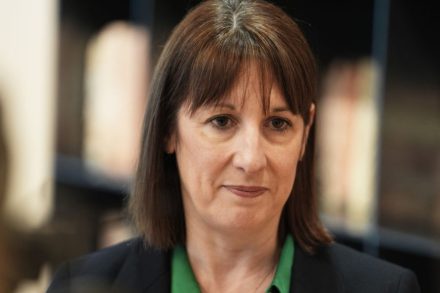The British state is bigger than ever
The state is bigger than ever. The number of workers employed in central government has hit 4 million for the first time. Figures just released by the Office for National Statistics (ONS) show employment in the public sector hit 6.14 million in December, up 53,000 in a year. Employment in central government hit a record high and was up 105,000 in a year. Those employed by the NHS hit a record high too, of over 2 million, and was up by nearly 50,000 in a year. Yet, as Katy Balls and I point out in today’s cover story for the magazine, productivity has not kept pace. Meanwhile, the unemployment rate in the





















